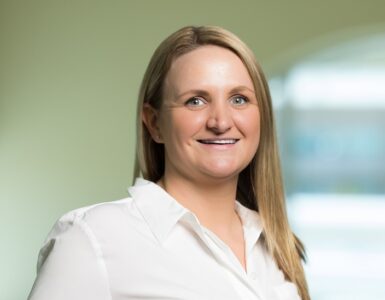Did you know that 40% of colorectal cancers are preventable?
People most at risk for colorectal cancers do not get colonoscopies. In fact, up to 70% of people in the high-risk category — those age 50 to 75 — don’t seek testing.
That’s unfortunate, because colon cancers are more preventable than many other cancers. All colon cancers begin with a precancerous polyp, which can be removed.
We can’t emphasize enough just how preventable colon cancers are. You can’t prevent breast cancer, lung cancer or brain cancer in the same way – in other words, you can’t take precancerous polyps off any of those organs. Colonoscopy must be done – it can really save people’s lives.
Recent research
Colon cancer could be prevented in about 40% of patients through regular colonoscopies, says a study recently published in the New England Journal of Medicine. Researchers followed nearly 89,000 participants for 22 years. During that time, 1,815 people developed colon cancer. The research demonstrates the importance of colonoscopy screening specifically.
Slow development
Besides being largely preventable, colon cancer also develops slowly, allowing time to discover and remove polyps.
Every colon and rectal cancer arises from a polyp or other pre-cancerous lesion, and it takes 10 years on average for a polyp to become cancerous – which is why standard guidelines suggest colonoscopies once a decade starting at age 50.
While this can be considered good news, there is an irony in it. Sadly, many patients seek treatment after developing colon cancer – when they could have had a polyp removed before it had turned cancerous.
Most colon cancers occur in people age 50 to 75. However, a 42-year-old with bleeding from the bowel should not blithely assume that it’s just hemorrhoids.
If you have a family history of colon cancer, talk to your doctor for advice. Those with a family history may need a colonoscopy every five years, starting 10 years younger than the youngest relative who was diagnosed.
For more information or to schedule a colonoscopy, call (775) 884-4567.
Article adapted via
Image via







